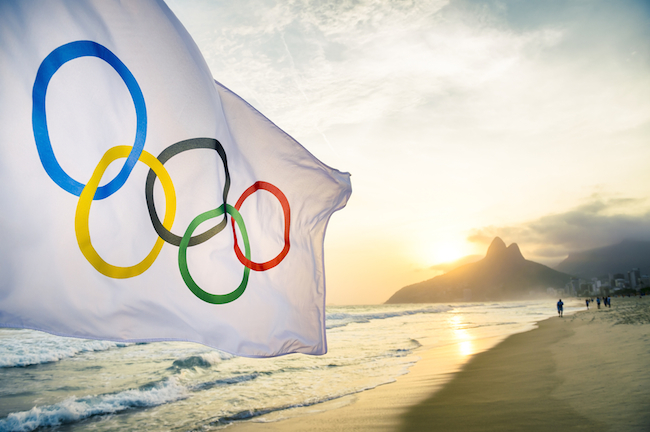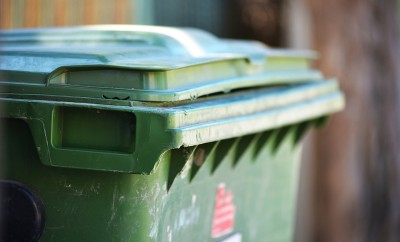Environment
How pollution in Rio will affect Olympic sailors

Image: Shutterstock/lazyllama
Since sailing was first considered an Olympic sport at the 1900 Paris games, the type of boats allowed to compete in the games have gradually evolved overtime to denote advances that would tackle both the technical and athletic capabilities of contestants. As a result, it’s not uncommon to see Olympic sailors whose skill sets, aside surfing the wind, include a technological knowledge on how to artfully control the most advanced of boats. As the Rio 2016 games draw closer, Olympic sailors will find that a challenge more threatening than the lack of technical know how stares them in the face. The bays of Guanabara, which is where the Olympic sailors will compete, bears no promise of exquisite Brazilian exoticism. Plastic stirs its waters, its air is pregnant with the stench of sewage and dark brown lumps, floating its surface, which threaten to infect anyone who dares come close. Pollution in Rio will affect Olympic sailors and here’s how.
The case of pollution in Rio de Janeiro is neither new to inhabitants nor visitors frequenting that area. Inhabitants are quick to note that its untreated sewage system leaves hundred of tons of sewage and unprocessed waste flowing into the Guanabara Bay yearly. In fact, contact with the water poses the threat of anything from skin diseases to hepatitis. The result is unsightly grey, dirty water and a stench that stretches as far as its cities and an absent water life thanks to the contamination by a multitude of viruses and bacteria. This has been an ongoing problem for years, yet the spotlight is only just now being focused on the issue as a result of the upcoming Olympic games.
When Brazil won the bid to host the Olympics, it promised to treat sewage and reduce contamination by 80% in time for the games. Since then, “amount of sewage treated before reaching the bay has risen from 17 to 49%”. The reason for this could easily be attributed to a lack of financial resources in a mid developed country, still, that does not erase the fact that Olympic sailors, swimmers and contestants alike could be at risk for health and safety related problems. The multitude of trash floating the waters of Guanabara Bay will be unsafe obstacles to the Olympic sailors who, despite mastering the tides, currents and wind patterns of the bay, have to look out for these obstacles or else risk boat damage or a drop in pace when hitting them.
Aside from that, there is the tendency for sailors to fall victim to health related problems given their contact with the water. Because of the high concentration of bacteria and viruses in the water, sailors have been generally counseled to avoid getting it into their mouth, the possibility of which is unlikely. Practicing athletes have been given vaccinations and have gone a step ahead to “douse themselves with hand sanitizers, shower as quickly as they can after racing and resort to home remedies from Listerine to Jagermeister” but there is no guarantee as to how effective this precaution could be, especially given the nasty skin-eating bacteria infection that afflicted German sailor, Erik Heil, just after the 2015 Rio Olympic test event.
And then there’s the case of the wide spread Zika virus, rampant in Brazil, for the fear of which top Olympians like Milos Raonic and Jason Day, among others, are already pulling out. The risk of infection is even higher for sailors since it is well known that contaminated waters form a breeding space for carriers of the Zika virus, mosquitoes. It is almost definite that pollution in Rio will adversely affect Olympic sailors. Ultimately, it’s not just the safety of the Olympians that is at stake but their representing country’s chances of winning as well—of what use would be a sick or injured Olympian in getting a gold medal?





0 comments